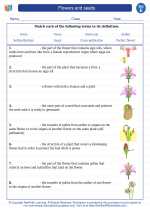Key Concepts in Embryology
1. Fertilization
Fertilization is the process by which a sperm cell fuses with an egg cell to form a zygote. This marks the beginning of the development of a new organism.
2. Germ Layers
During embryonic development, three primary germ layers are formed: ectoderm, mesoderm, and endoderm. These layers give rise to different tissues and organs in the body.
3. Organogenesis
Organogenesis refers to the process by which the organs and organ systems develop from the germ layers. This involves complex processes of cell differentiation, migration, and tissue formation.
4. Fetal Development
As the embryo develops, it goes through different stages of growth and differentiation, eventually leading to the formation of a fetus. This stage involves the growth and maturation of all the major organ systems.
5. Environmental Influences
The development of the embryo and fetus can be influenced by various environmental factors, such as maternal nutrition, exposure to toxins, and maternal health. These factors can have a lasting impact on the health of the developing organism.
Study Tips
- Use visual aids such as diagrams and models to understand the different stages of embryonic development.
- Practice identifying the different germ layers and their derivatives in the developing embryo.
- Read about specific embryonic development in different organisms to appreciate the diversity of developmental processes.
- Understand the role of genetics and epigenetics in embryonic development.
- Discuss ethical considerations related to embryonic development, such as embryonic stem cell research and reproductive technologies.
◂Science Worksheets and Study Guides Fifth Grade. Flowers and seeds
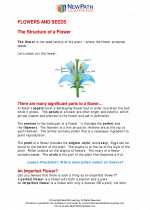
 Activity Lesson
Activity Lesson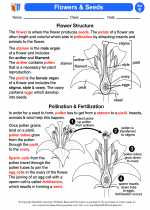
 Worksheet/Answer key
Worksheet/Answer key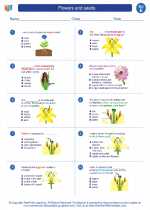
 Worksheet/Answer key
Worksheet/Answer key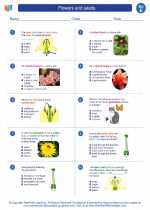
 Worksheet/Answer key
Worksheet/Answer key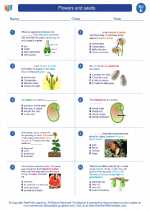
 Worksheet/Answer key
Worksheet/Answer key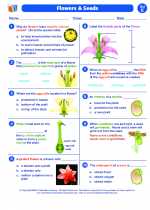
 Vocabulary/Answer key
Vocabulary/Answer key
 Vocabulary/Answer key
Vocabulary/Answer key